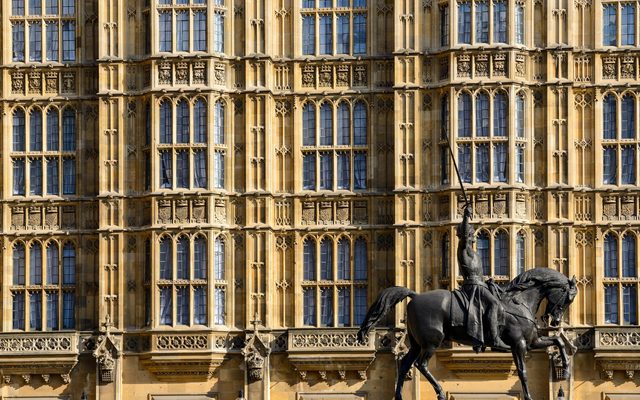This article is from the Australian Property Journal archive
SHOPPING centre landlords have provided rental assistance to small and medium (SME) enterprises and non-SME businesses to the tune of $1.6 billion, often to sole trader ‘mum and dad’ businesses which have heavily impacted by government restrictions, such as the stage four lockdown in Melbourne.
According to data released by the Shopping Centre Council of Australia, 84% of total SMEs requested rental assistance. The top two most impacted industries were cafes/takeaway and retail services (hairdressers, beauty, nail salons), accounting for 28% and 19.4%, respectively, totalling 47.3% of total support provided.
These are sectors that have been heavily impacted by government restrictions, and are often ‘small’ SMEs such as ‘mum and dad’ businesses.
Data shows New South Wales and Victoria accounted for over two thirds of support. NSW businesses received $581 million in relief, followed by Victoria with $412 million; Queensland ($366 million); Western Australia ($100 million), South Australia ($75 million); and ACT ($27 million). Tasmania and Northern Territory did not disclose their details.
SCCA executive director Angus Nardi said the data demonstrates the real dollar value of assistance that SCCA members have provided to help SME and non-SME retailers, including under the Commercial Tenancies Code of Conduct.
He added that the $1.6 billion in rent relief was a larger financial contribution than the land tax concession schemes offered by state governments.
“The $1.6 billion value of rental assistance is almost certainly the largest private sector commitment to helping small business, which is unlike deferrals of interest or repayments on loans,” Nardi said. “Our industry has provided substantial rental assistance to both SME and non-SME retailers, however we are unable to continue to shoulder that assistance, and for that reason, are not in a position to support the Code of Conduct’s extension where the cost of doing so falls exclusively on shopping centre owners,”
“We have strived to strike a balance between helping those who need it while at the same time confronting our own financial pressures in the face of ongoing disruptions to regular trading to protect public health.
“Unlike others, our sector stands alone in having regulation require us to provide direct financial assistance to third parties, which must be financed from our own resources, which are now exhausted.
“Our industry remains committed to working closely and co-operatively with our SME partners, particularly ‘small’ SMEs (e.g. with turnover of up to $5 million), in the spirit for which the SCCA conceived the Code of Conduct in the first place with key retailer groups and well ahead of any government intervention,” he added.
Nardi said all members of the SCCA were committed to continuing to work with SME retailers, particularly ‘small’ SMEs, in the spirit which the SCCA conceived and developed the Code with key retailer group and ahead of any government intervention.
“It is in our commercial interests as well as the broader economy that SMEs have longevity within our centres as they provide products and services our customers want and support local jobs,” he continued.
Meanwhile hundreds of thousands of small SMEs ‘mum and dad’ businesses across Victoria are still not eligible for financial support. Small Business Australia said as many of 250,000 businesses that were forced to closed due to the stage four restrictions miss out on the $10,000 Victorian government Business Support Fund Expansion grant, due to tighter eligibility criteria.
Earlier in the week Premier Daniel Andrews revealed that only 24,000 businesses are eligible for the expansion grant, after the government tightened the eligibility criteria.
That is significantly below the 77,600 businesses that qualified in the first grant.
The government has refused to budge on the eligibility criteria. There were more than 640,000 businesses with fewer than 20 employees in Victoria, the majority of which were sole traders without any employees.
Without support at least 250,000 sole traders are at risk of going under, which is almost 30% of the 904,000 businesses registered in Victoria.




